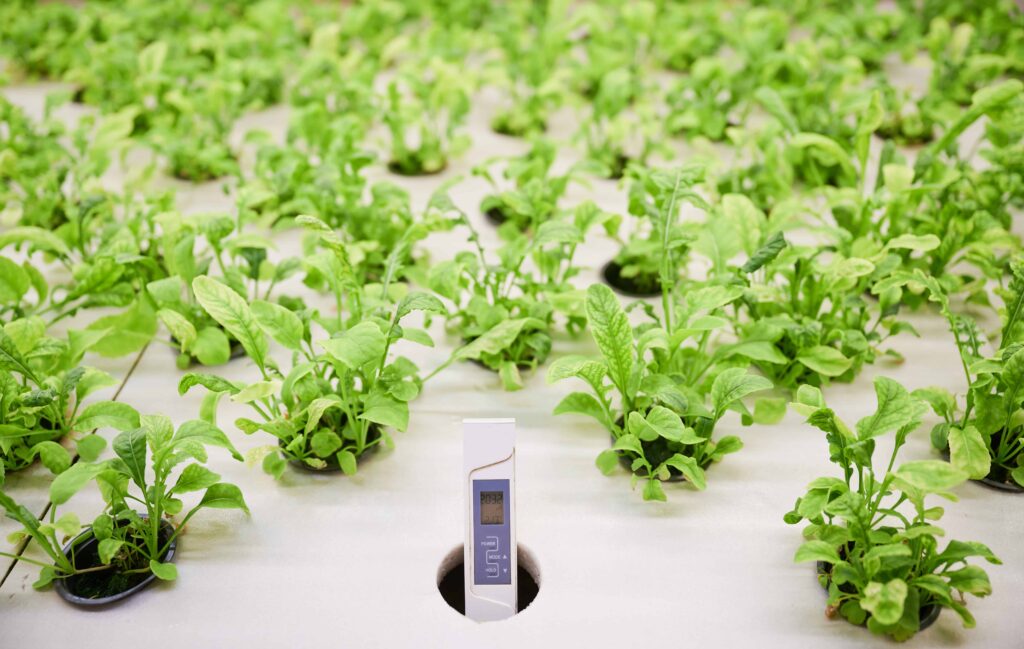Hydroponic gardening is a revolutionary method of growing plants without the need for soil. Instead, plants are grown in a nutrient-rich water solution, allowing them to receive the necessary nutrients directly from the water. One critical aspect of hydroponic gardening that is often overlooked is the role of water temperature. Water temperature can significantly impact the health and growth of your plants, making it a vital factor to consider in your hydroponic gardening journey.
Understanding the Importance of Water Temperature
Water temperature plays a crucial role in the overall health and productivity of your hydroponic garden. It affects the amount of oxygen that can be dissolved in the water, the rate of plant growth, and the susceptibility of plants to certain diseases.
Plants require oxygen for respiration, a process that provides them with the energy needed for growth and development. Cooler water can hold more oxygen than warmer water, making it easier for the plants to access the oxygen they need. However, if the water is too cold, it can slow down plant growth and lead to root damage.
The Ideal Water Temperature
The ideal water temperature for hydroponic gardening typically ranges between 65 and 80 degrees Fahrenheit. This range provides a good balance between maximizing oxygen availability and promoting rapid plant growth.
However, the optimal temperature can vary depending on the specific type of plant you are growing. For example, lettuce prefers cooler temperatures, while tomatoes thrive in warmer conditions. Therefore, it’s important to research the specific temperature requirements of your plants to ensure optimal growth.
Monitoring and Controlling Water Temperature
Keeping a close eye on your water temperature is essential in hydroponic gardening. Fortunately, there are several tools and techniques available that can help you maintain the ideal water temperature for your plants.
A simple aquarium thermometer can be a cost-effective tool for monitoring water temperature. For a more high-tech solution, digital temperature controllers can automatically adjust the water temperature based on your set parameters.
Heating Solutions
If your water is too cold, there are several heating solutions available. Submersible heaters are a popular choice for small to medium-sized hydroponic systems. These devices are submerged in the water reservoir and heat the water directly.
For larger systems, inline water heaters may be a better option. These devices heat the water as it flows through the system, ensuring even heat distribution throughout the entire reservoir.
Cooling Solutions
If your water is too warm, cooling solutions can help bring the temperature down. One simple method is to add ice or frozen water bottles to the reservoir. However, this method requires frequent monitoring to prevent the water from becoming too cold.
For a more automated solution, water chillers can be used. These devices work similarly to air conditioners, cooling the water as it flows through the system. While water chillers can be more expensive, they provide precise temperature control and can be a worthwhile investment for serious hydroponic gardeners.
Effects of Water Temperature on Nutrient Uptake
Water temperature can also affect the nutrient uptake of your plants. Different nutrients are absorbed at different rates depending on the water temperature.
For example, at lower temperatures, plants may struggle to absorb certain nutrients, leading to nutrient deficiencies. On the other hand, if the water is too warm, it can lead to an overabundance of certain nutrients, which can be just as harmful.
Therefore, maintaining the right water temperature is crucial for ensuring your plants receive the right balance of nutrients. Regularly testing your nutrient solution and adjusting as necessary can help keep your plants healthy and thriving.
The Bottom Line
Water temperature plays a vital role in hydroponic gardening. It affects everything from oxygen availability and plant growth rate to disease susceptibility and nutrient uptake. By understanding the importance of water temperature and learning how to effectively monitor and control it, you can significantly improve the success of your hydroponic garden.
Whether you’re a seasoned hydroponic gardener or just starting out, always remember: a little attention to water temperature can go a long way in ensuring the health and productivity of your plants. Happy gardening!

